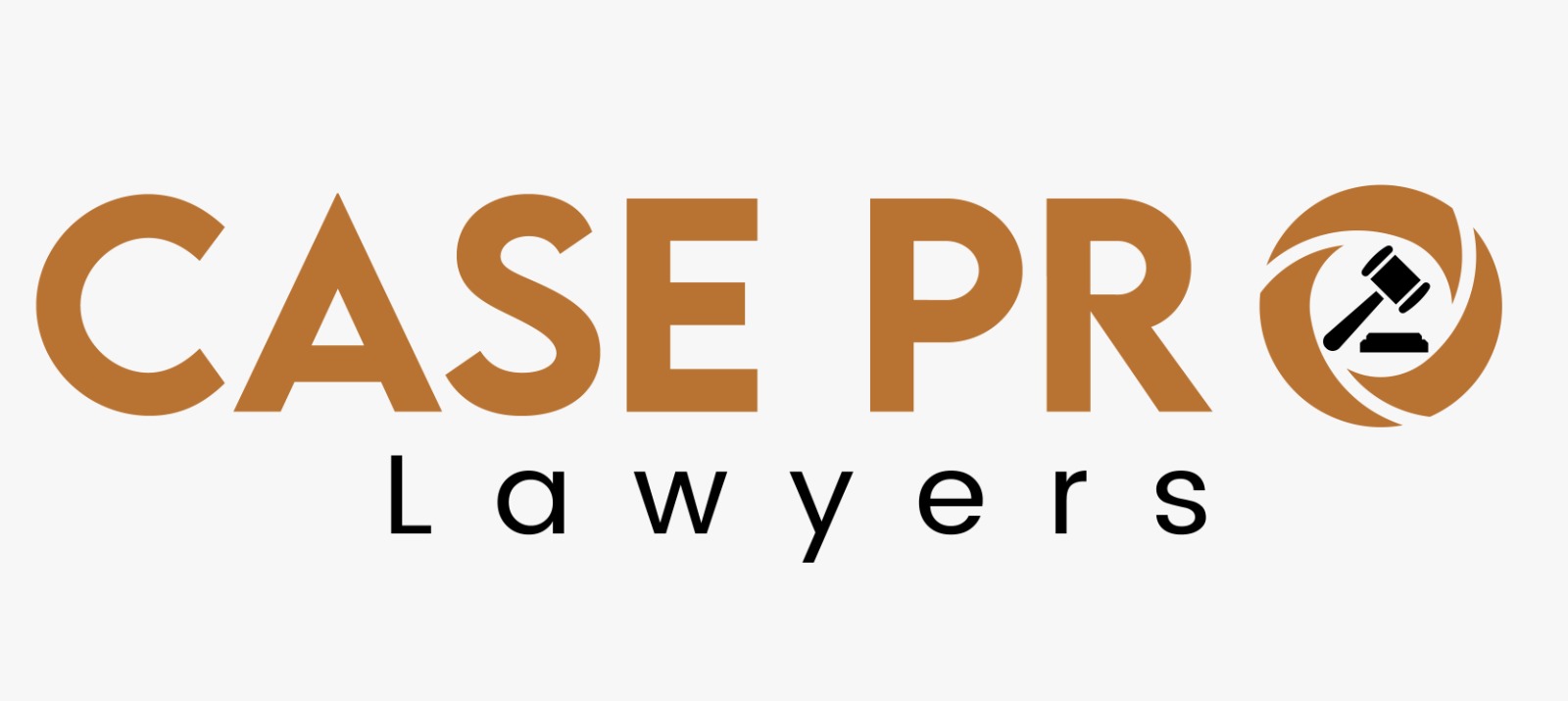Case Pro Practice Areas
Case Pro Practice Areas
Law Firm with relevant Case Studies!
Case Pro Lawyers demonstrate client acquisition & retention rates above average industry standards. Request a

Health Care Law
Health Care Law refers to the body of laws, regulations, and legal principles that govern the delivery, administration, and financing of health care services. It encompasses a wide range of legal issues, including patient rights, medical ethics, provider responsibilities, insurance policies, and public health policies.
Protecting Your Rights in Health Care Law—Advocating for Patients, Providers, and Businesses
Health care is one of the most complex and heavily regulated industries, affecting millions of lives every day. Whether you are a patient, medical professional, health care institution, or business, navigating the intricate legal landscape of health care law requires expert guidance and strategic advocacy.
At Case Pro Lawyers, we are dedicated to safeguarding your rights, ensuring compliance, and protecting your interests in a constantly evolving legal environment. Our team specializes in health care regulations, medical malpractice defense, insurance disputes, patient rights, hospital compliance, and health care business transactions—offering comprehensive legal solutions tailored to your unique needs.
From ensuring fair treatment and proper medical care for patients to helping providers and institutions comply with complex federal and state regulations, we are committed to delivering justice, securing financial stability, and upholding the integrity of health care law.
If you are facing a health care-related legal challenge, don’t navigate it alone. Contact Case Pro Lawyers today for trusted legal representation and strategic counsel—because in health care, the law should serve to protect, not hinder. Your rights. Your practice. Your future. We’re here to defend them.
Key Aspects of Health Care Law
Regulation of Health Care Providers and Institutions
Licensing and Accreditation: Health care professionals (e.g., doctors, nurses, pharmacists) and institutions (e.g., hospitals, clinics, nursing homes) must comply with licensing requirements set by state and federal regulatory agencies.
Standard of Care: Health care providers must meet established medical standards when treating patients. Violations can lead to malpractice claims.
Health and Safety Regulations: Institutions must follow guidelines set by entities such as the Occupational Safety and Health Administration (OSHA) and the Centers for Medicare & Medicaid Services (CMS).
Patient Rights and Protections
Right to Informed Consent: Patients must receive full disclosure about treatment risks and alternatives before consenting to medical procedures.
Health Insurance Portability and Accountability Act (HIPAA): Ensures the confidentiality and security of patient health information.
Emergency Medical Treatment and Labor Act (EMTALA): Requires hospitals to provide emergency care regardless of a patient’s ability to pay.
Health Insurance and Financing
-
Private Insurance: Governed by federal and state laws, including the Affordable Care Act (ACA), which mandates coverage standards and prohibits discrimination based on pre-existing conditions.
-
Government Programs: Includes Medicaid (for low-income individuals), Medicare (for elderly and disabled individuals), and the Children’s Health Insurance Program (CHIP).
-
Billing and Fraud Prevention: Laws like the False Claims Act (FCA) combat fraud and abuse in medical billing.
Public Health and Safety Laws
-
Infectious Disease Control: Laws related to vaccination mandates, quarantine policies, and epidemic response.
-
Food and Drug Regulations: Governed by the Food and Drug Administration (FDA) to ensure drug safety and efficacy.
-
Environmental Health Laws: Regulations on pollution control and workplace health hazards.
Medical Malpractice and Liability
Negligence Claims: Patients can sue providers for medical errors that cause harm.
Tort Reform: Some states have laws capping damages in malpractice lawsuits to limit excessive litigation.
Bioethics and Emerging Issues
-
Reproductive Rights: Laws on abortion, contraception, and assisted reproductive technologies.
-
End-of-Life Decisions: Covers euthanasia, physician-assisted suicide, and advance directives.
-
Genetic and AI-Based Medicine: Regulates emerging health technologies, including gene editing and AI-driven diagnoses.
Conclusion
Health care law plays a critical role in ensuring the efficient operation of the health care system while protecting patient rights and promoting public health. It is a constantly evolving field influenced by technological advancements, ethical considerations, and policy reforms.


Health care lawyers specialize in laws and regulations governing the medical industry. They provide legal advice to hospitals, clinics, insurance companies, pharmaceutical firms, and individual practitioners on compliance, liability, and regulatory issues.
A provider should seek legal counsel when:
Facing malpractice claims
Navigating regulatory compliance (e.g., HIPAA, OSHA, Medicare/Medicaid rules)
Drafting or negotiating contracts
Dealing with employment disputes
Responding to audits or fraud investigations
While federal laws like HIPAA and the Affordable Care Act apply nationwide, each state has unique licensing requirements, medical malpractice laws, and health insurance regulations. Lawyers must understand both federal and state-specific laws.
Major compliance laws include:
HIPAA (Health Insurance Portability and Accountability Act): Protects patient data privacy.
EMTALA (Emergency Medical Treatment and Labor Act): Requires hospitals to provide emergency care regardless of a patient’s ability to pay.
Stark Law & Anti-Kickback Statute: Prevents financial conflicts of interest in medical referrals.
False Claims Act: Prohibits fraudulent billing to government health programs.
They assist providers in defending against malpractice claims by:
Investigating allegations
Gathering expert testimony
Negotiating settlements
Representing clients in court
Lawyers ensure compliance with federal and state laws when health care facilities merge, handling due diligence, contract negotiations, and regulatory approvals.
Yes, they assist clients in disputes over insurance coverage, denied claims, reimbursement policies, and compliance with the Affordable Care Act.
Violations can result in fines, criminal penalties, and loss of licensure. Penalties vary based on the severity of the violation, ranging from minor fines to millions of dollars for egregious breaches.
They help providers navigate licensing, reimbursement policies, privacy laws, and state-specific telehealth regulations to ensure compliance.
By offering proactive legal counsel, drafting sound policies, conducting compliance audits, and training staff on legal best practices.
Talk to a licensed lawyer – get your case reviewed and placed with the right attorney. Case Pro Lawyers and associates have the highest win rates in the industry. NO RECOVERY NO FEE
